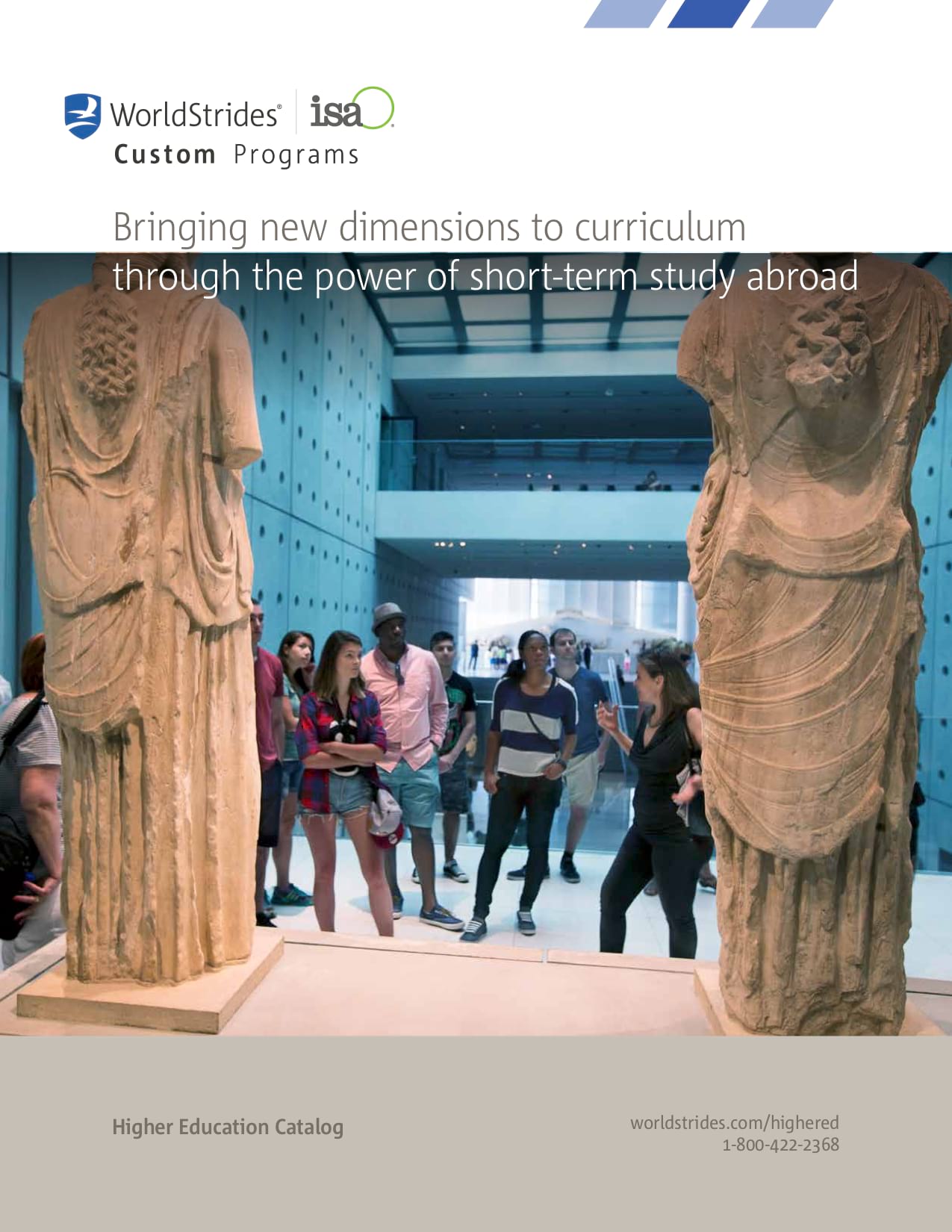EUROPE
Custom University Travel to Hungary
Hungary has a rich history as one of the oldest countries in Europe! Historically, the landlocked, Central European country was once part of the Austro-Hungarian Empire, which collapsed in World War I. After the next World War, Hungary came under Communist rule, until revolts, military intervention and the leadership of Janos Kadar led to liberalization of the economy in 1968. Hungary has been a part of NATO since 1999, and the European Union since 2004.





